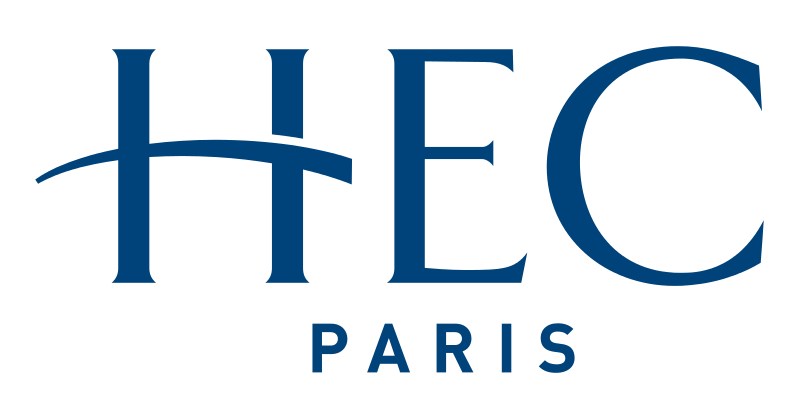Mateus Hiro Nagata

M.Res. in Economics and Decision Sciences - HEC Paris
M.A. in Economic Theory - ITAM
B.A. in Economic Sciences - University of Brasilia
View My LinkedIn Profile
View my Google Scholar
Useful classes
Mathematics
- Real Analysis: microeconomic theory is very axiomatic and logical. Most of the results are “if (assumption), then (result)”, and those are logical and truthful statements. One can blame Economics to think that agents act according to the assumption, but can never state that the potential consequence is true. The modeling of an individual agent is the foundation of contemporary economic modeling. Real analysis is the course that teaches how to structure arguments logically and apply it to calculus to derive very powerful results.
- Real Analysis 2 (Appromixation theory and Fourier series): in general, it is useful in terms of mathematical maturity but also to know how a very arbitrary continuous function may (or may not) be able to be approximated by a sufficiently easy-to-use function. Since in economics, we will never know (almost surely) the true shape of the function, it is useful to know if we can use, for instance, polynomials or fourier series to imitate them.
- Measure Theory: it packs very powerful functions, teaches how to deal with sets and to get a measure of it (a general term for volume or area in R3 or R2) and it is the first contact of an useful instance of the axiom of choice. It is obviously relevant in order to treat probability seriously (thanks Kolmogorov), especially because you learn a new type of integral that can deal with some serious problems that the Euclidean one fell short of.
- Functional Analysis: the previous courses were focused on continuity, sets, volume… but an important notion, the function, is an underlying tool to study the aforementioned ones. Now, functional analysis deal with vector spaces, functions and often is seen as the equivalent, in infinite-dimensions, of linear algebra.
- Complex Variables: it can be marginally useful in economics, but extremely useful in mathematical maturity. In short, it is a 40% analysis, 40% calculus, 20% algebra course that is focused on the usefulness in solving integrals. The usage of the complex plane enables to solve very intricate integrals and to deal with the space of polynomials more generally.
Statistics
- Mathematical Statistics/Inference: this is how we become adults in statistics
Programming
- Algorithms: definitely a must for anyone’s arsenal. Developing the algorithmic muscle is helpful for everything and there is no alternative except being fully immersed in a harsh course like this one. Data Structures also help a lot.